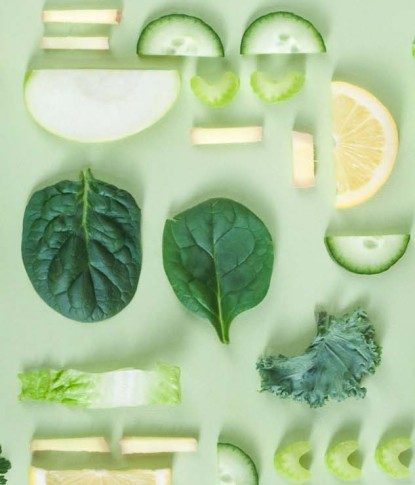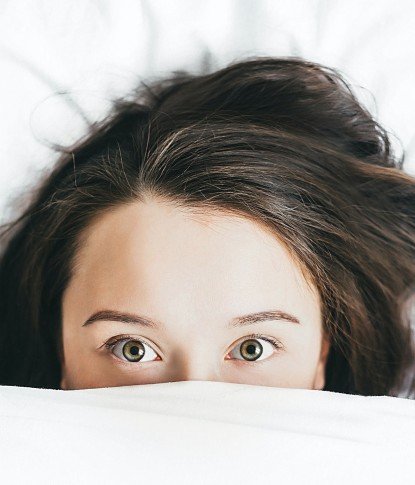
If you drink too much coffee in the evening it can trigger a restless night. But drinking coffee earlier in the day may be healthier than you think. Experts from the University of Sao Paolo recently discovered drinking three daily cups could be good for your heart because it helps keep your arteries clear.
How much should you drink?
There are no official guidelines to suggest how much coffee you should drink, but here’s what we do know:
- A moderate intake is around 300mg of caffeine, which is three cups a day
- Some experts, however, say it’s fine to drink up to five
- Personal tolerance to caffeine plays a part – some of us can’t drink more than a cup a day without feeling jittery, while others feel fine having five, six or more
- Drinking 50 or more cups a day could be fatal, depending on how much you weigh and the type of coffee you drink
Coffee benefits
Besides making your arteries squeaky clean, here are some of the other ways coffee could make you healthier:
It wakes you up If you’ve ever downed an espresso to feel more awake after a big night out, you’ll already know that coffee is a powerful alertness booster. It’s so effective, the UK Department of Transport recommends a couple of cups in its Think? road safy campaign. If you suffer from mid-afternoon energy dips, it could be the perfect brew. But take care – if you’re particularly caffeine sensitive, you may not be able to drink a cup of coffee after midday and still get a good night’s sleep. Try to pinpoint your daily coffee deadline, and stick to it.
It stops your teeth rotting Yes of course coffee can stain your teeth if you drink too much of it. But a few cups a day could keep your dentist happy in another way. One study suggests coffee made from roasted coffee beans has an antibacterial action against a micro-organism called Streptococcus mutans – a major cause of dental cavities – and reduces the amount of S. mutans on the tooth surface.
It protects your liver According to the NHS, one in three people in the UK has signs of non-alcoholic fatty liver disease (NAFLD). And while the early stage of the disease doesn’t usually cause any harm, if it progresses it can cause much more serious liver damage. But drinking coffee may help protect against NAFLD and help with other types of liver problems too – including cirrhosis, Hepatitis B and C, and chronic liver disease – by making them progress more slowly.
It keeps you slim (for a while) Caffeine may help keep your appetite from spiralling out of control and burn more calories, and there’s also evidence a couple of cups of coffee a day could stop you piling the pounds back on after losing weight. Even decaffeinated coffee has been found to help a little with weight loss, which suggests other things in coffee besides caffeine may be helpful to dieters. The downside is you may become tolerant to the fat-blasting effects of coffee, meaning it may stop working after a while.
It lowers your diabetes risk Studies have found drinking coffee over a long period of time is linked with a lower risk for type 2 diabetes. And the more cups you drink, the lower your chances of developing the disease.




